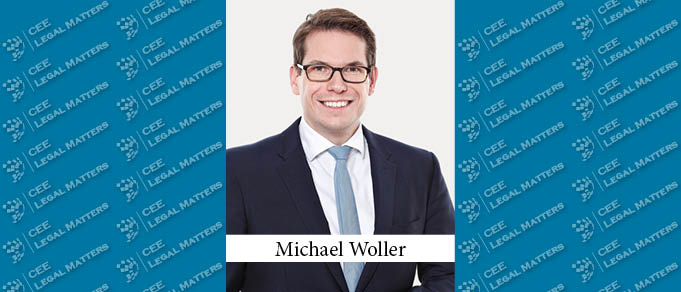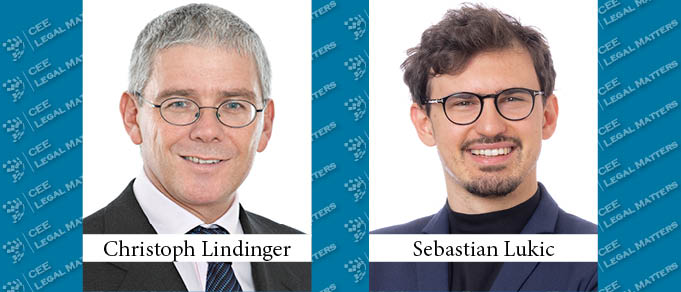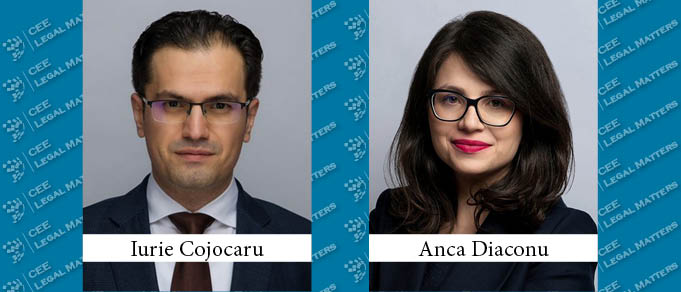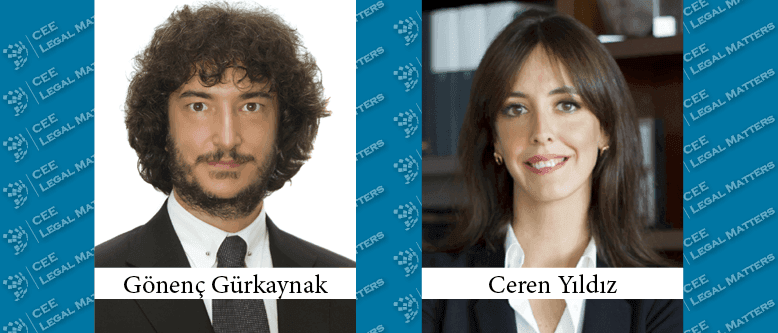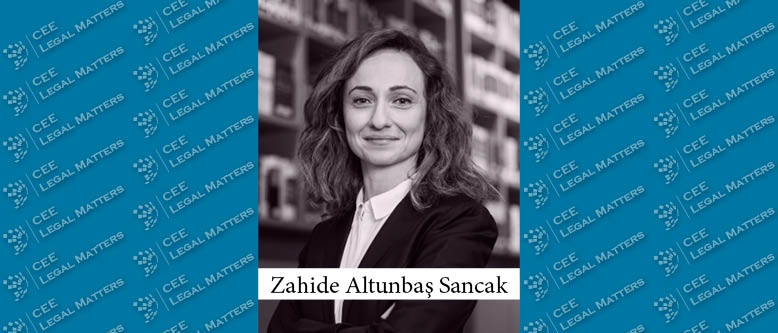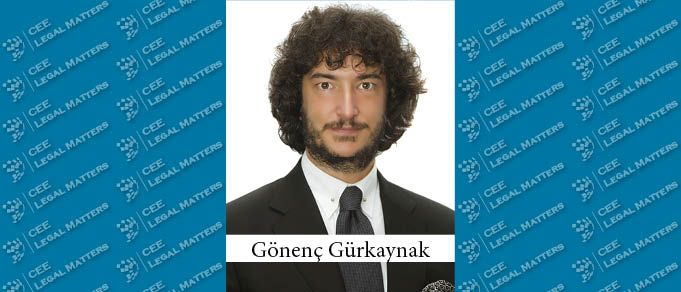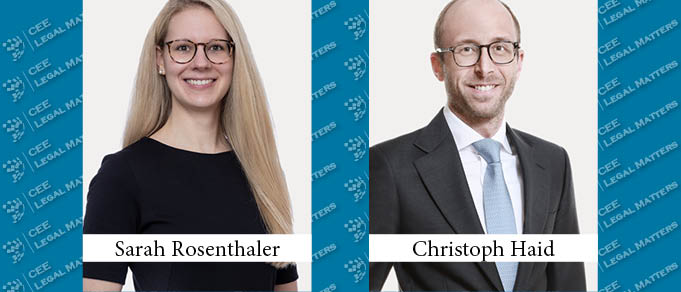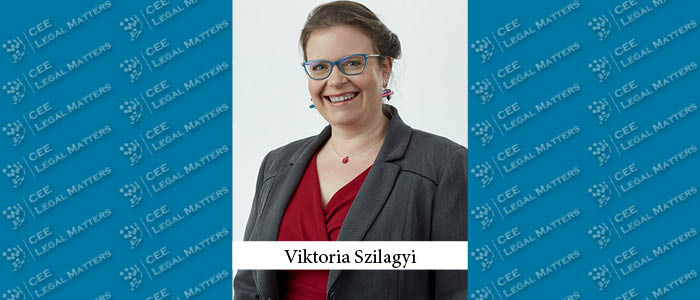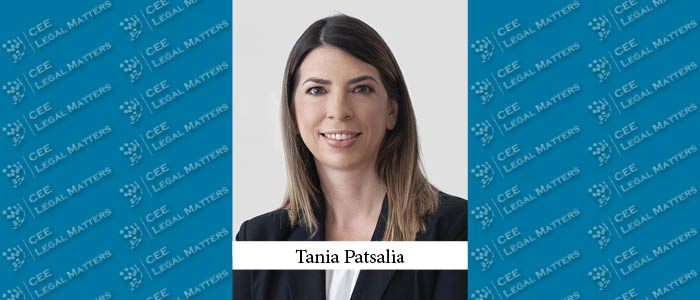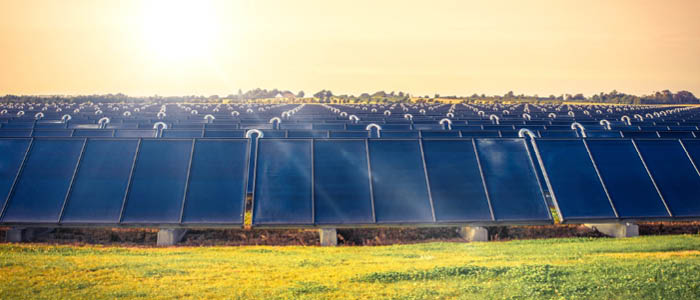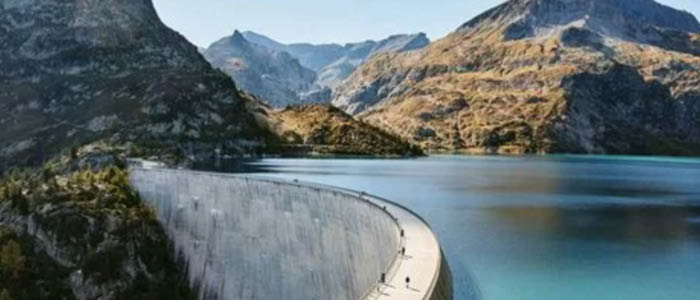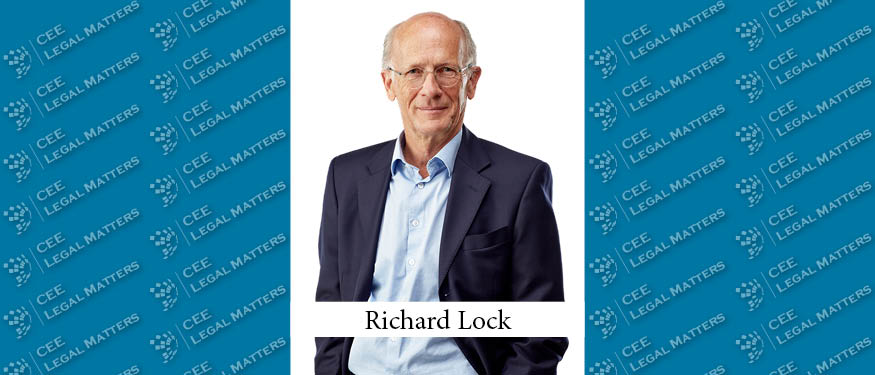In a preliminary ruling following a request by the German Federal Court of Justice (case C-371/20), the Court of Justice of the European Union (CJEU) interpreted Point 11 of Annex I to the Unfair Commercial Practices Directive (Directive 2005/29/EC; UCP-Directive). This provision aims at preventing the use of editorial content in the media to promote a product where a business has paid for the promotion without making this clear in the content or through images or sounds clearly identifiable by the consumer (advertorial).
Why International Law Effectively Protects Investments in Russia
The truth is rarely pure and never simple. But in the case of Russia's military operation in Ukraine, it just might be. Russia breached Article 2(4) of the UN Charter, which prohibits the use of force against the territorial integrity or political independence of any state. Russia's acts have prompted the EU, the UK and the US to impose economic sanctions, such as freezing assets and disconnecting Russian banks from the SWIFT international payments network. Whilst the number of private businesses that are halting their activities in Russia is steadily growing, Russia has adopted a law paving the way for expropriations of assets of foreign firms that leave the country following economic sanctions. But what can foreign companies do if Russia proceeds to take their assets, if they are unable to freely transfer returns from investments out of Russia or if their profits collapse?
Iurie Cojocaru and Anca Diaconu Promoted to Partner at NNDKP
Iurie Cojocaru and Anca Diaconu have been promoted to Partner at Nestor Nestor Diculescu Kingston Petersen.
What Would A User Generated Content Platform Provider Need To Know When Entering Turkish Market?
From promoting a new brand to preserving the market presence of an already established one, User Generated Content (“UGC”) has become an uncanny tool to initiate and preserve consumer engagement. With that, social network providers have transformed from mere conduits of social interaction between individuals, to multifaceted platforms that enable businesses to reach their consumers. As UGC became more and more mainstream, pulled millions of users and created some of the biggest tech companies, many countries try to catch up with regulations such as Turkey.
Significant Amendments in the Communiqué on Competition Authority’s Approval in M&A Transactions
Significant amendments were introduced to the Communiqué of the Competition Authority on Mergers and Acquisitions Requiring Authorization of the Turkish Competition Board, numbered 2010/4, with the Communiqué published in the Official Gazette on March 4, 2022. In this respect, while the turnover thresholds taken into account in mergers and acquisitions to determine whether Competition Board’s approval is necessary are increased, exceptional rules are adopted in relation to transactions involving technology companies. These amendments will become effective two months after their publication, i.e., as of May 4, 2022.
Analysis on the Scope of Sectors Where Concentrations Will Almost Categorically Be Notifiable in Turkey After 4 May 2022 Under The New Regime
As announced last week, the Turkish Competition Authority has recently amended the legislation relating to the Turkish merger control regime through an amendment communiqué. This piece of additional analysis is to explore the scope of sectors that will be exempt from certain local turnover thresholds, and therefore the concentrations in which will be notifiable in Turkey regardless of magnitude of Turkish operations.
Russia's Invasion of Ukraine, Its Impact on Gas Supplies Procured by Austrian Manufacturing Companies and Force Majeure
Russia’s invasion of Ukraine represents one of the worst security crises in Europe. It is also expected to have far-reaching implications for the global economy, particularly given Russia’s role as the world’s second-largest producer of natural gas. Sanctions will mean higher energy prices in Europe.

